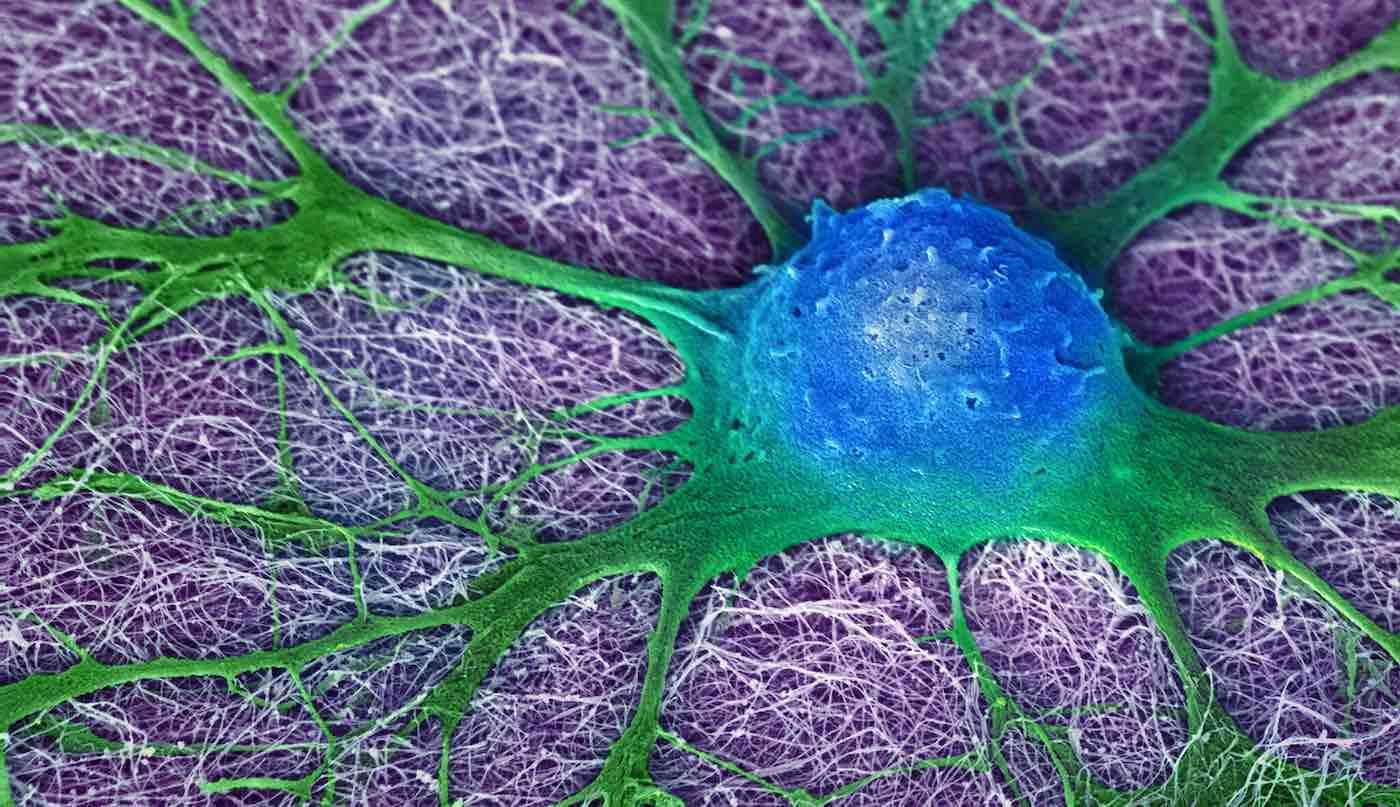Companies With Co-Workers Who Don't Get Along Should Encourage Gratitude Journaling, Says Study
University of Central Florida researchers found that gratitude journals in the workplace can help employee well-being.

Researchers in America have reported encouraging results from a trial treating people with MS with stem cells derived from their bone marrow.
The study, reported in the Lancet Neurology, involved 21 people with relapsing/remitting MS who had had two relapses in the previous year despite treatment with beta interferon. The injections of stem cells followed courses of treatment with immune suppressing drugs.
The researchers reported that this treatment is ‘a feasible procedure that not only seems to prevent neurological progression, but also appears to reverse neurological disability'. They drew attention to the need for larger, randomized trials.
Following treatment, the participants were followed for an average of three years. All 21 showed no worsening of disability as measured by the EDSS scale, and 17 improved by at least one point. 16 people experienced no further relapses following the stem cell treatment.
Pam Macfarlane, Chief Executive of the MS Trust said, "These results are very encouraging and show the potential of stem cells as a treatment for MS. This is a small study and we look forward to larger trials with more people."
Reference
"Autologous non-myeloablative haemopoietic stem cell transplantation in relapsing-remitting multiple sclerosis: a phase I/II study." The Lancet Neurology, 30 January 2009 [epub]
(MS Trust) – Photo by NIH Image Gallery, CC license on Flickr
Be the first to comment